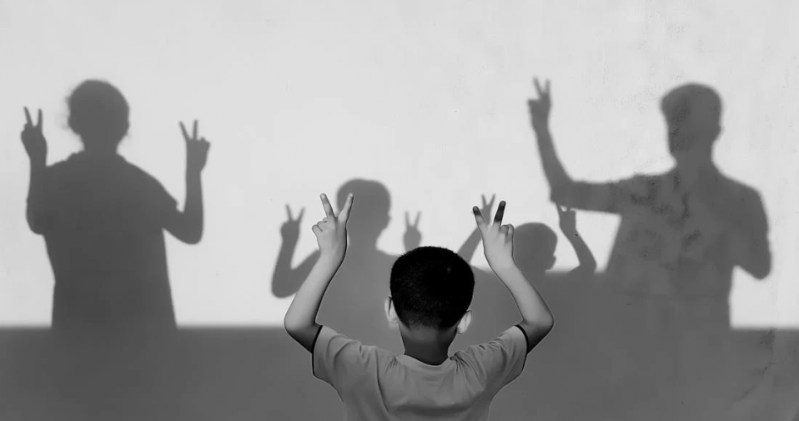What Is the Uninvolved Parenting Style & Why Can’t It Work?

© Mah mud / Pexels
Parenting styles can have a significant impact on a child’s development and behavior. One of them is also the uninvolved parenting style. This approach is characterized by low levels of responsiveness and demandingness. While some parents may believe in giving children more freedom, this style can have detrimental effects on a child’s well-being. But, are there instances this does actually work?
What Is the Uninvolved Parenting Style?
Uninvolved parenting, also known as neglectful parenting, is characterized by a lack of responsiveness to a child’s needs, with parents making few demands and showing indifference, dismissiveness, or neglect. Psychologist Diana Baumrind originally described three parenting styles in the 1960s: authoritarian, authoritative, and permissive. Uninvolved parenting was later added by researchers as a fourth style.

Baumrind’s parenting styles are defined by two dimensions: parental responsiveness and parental demandingness. Uninvolved parents score low on both dimensions. They are unresponsive to their children’s needs, offering little affection or support, and they make few demands, rarely setting rules or offering guidance for behavior.
Characteristics of Uninvolved Parenting
An uninvolved parent has the following characteristics:
- Provide little to no supervision.
- Act emotionally distant from their children.
- Show little warmth, love, and affection towards their children.
- Skip school events and parent-teacher conferences.
- Limit interactions with their children due to being overwhelmed by personal problems.
- Set few or no expectations or demands for behavior.
What Causes It?
Uninvolved parenting is often not intentional and may arise due to various reasons such as parental upbringing, stress, or personal challenges. Parents who exhibit this style may unintentionally repeat patterns from their own upbringing or be too preoccupied with their busy lives to engage with their children. Additionally, some parents may be struggling with personal issues such as depression or substance abuse, making it difficult for them to provide the necessary emotional support for their children.
What Are Some Examples of the Uninvolved Parenting Style?
Uninvolved parenting can manifest in various ways along a spectrum. Some parents may provide only basic necessities like food and shelter. Others enforce minimal rules but neglect their children’s broader physical and emotional needs. Examples include ignoring a child’s cries or emotional distress, expecting too much independence from them, ignoring their attempts to communicate, showing disinterest in their interests, and failing to express genuine love or care. Additionally, leaving children unsupervised frequently is another hallmark of uninvolved parenting.

What Kind of Effects Can It Have on Children?
Research links parenting styles with various child outcomes, such as social skills and academic performance. Children of uninvolved parents typically struggle across multiple areas of life, including cognition, attachment, emotional skills, and social skills. Due to the lack of emotional responsiveness and boundaries at home, they may face challenges forming attachments and learning appropriate behaviors. Consequently, these children may experience anxiety, emotional withdrawal, fear of dependency, increased risk of substance abuse, and heightened delinquency during adolescence.
The negative effects of uninvolved parenting underscore its shortcomings. To nurture confident, emotionally healthy, and resilient children, they require support, warmth, love, appropriate discipline, structure, and guidance from trusted adults.
You might also want to read: What Is Sittervising and Why Do You Need to Try It Out ASAP?



